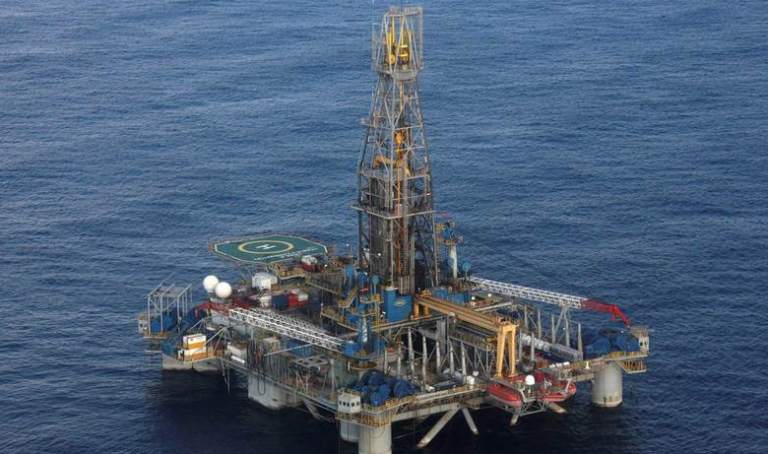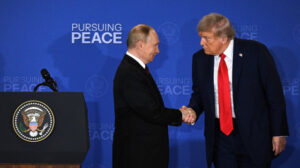Oil and gas experts have expressed optimism about an agreement that was signed Sept. 19 between Egypt and Cyprus to establish a direct subsea gas pipeline that would transport gas from Cyprus’ Aphrodite gas field to Egyptian liquefaction stations for re-export to European countries.
The experts say that the agreement has settled the competition between Egypt and Turkey to supply natural gas to Europe.
“Now the competition is over. Egypt has managed to develop solid oil cooperation with Cyprus and will largely benefit from liquefying natural gas at its stations and then export it to Europe and other markets around the world,” Tharwat Ragheb, professor of petroleum engineering at the British University in Cairo, told Al-Monitor.
Ragheb said that Egypt and Turkey have competed to become a major gas hub in the Middle East and a top gas exporter to Europe. “Turkey reached a rapprochement in June 2016 with Israel and the two countries agreed to establish gas pipelines that can transport gas from Israel to Europe via Turkey. Nevertheless, it faced an obstacle — which is Cyprus — as these pipelines had to pass through Cyprus’ exclusive economic zone while the two countries are engaged in a historical conflict dating back to the Turkish invasion of Cyprus [in July 1974],” Ragheb added.
He noted that Egypt exploited the fact that Europe is seeking to wean itself from Russian gas in order to get rid of its political pressures as well as Cyprus being at odds with Turkey, and developed a strong alliance with both Cyprus and Greece to boost gas cooperation.
Ragheb said that Turkish-Israeli relations deteriorated when Turkish President Recep Tayyip Erdogan condemned the Jewish state in February after US President Donald Trump announced the recognition of Jerusalem as the capital of Israel, slowing down its hopes to become a major gas hub in the region.
Following the signing of the agreement in Nicosia with Egypt, Cypriot Minister of Energy George Lakkotrypis said, “Today’s signing is an important milestone not only for Cyprus, but also the entire eastern Mediterranean region.”
Read more HERE
Ask me anything
Explore related questions





